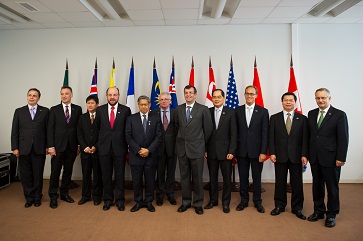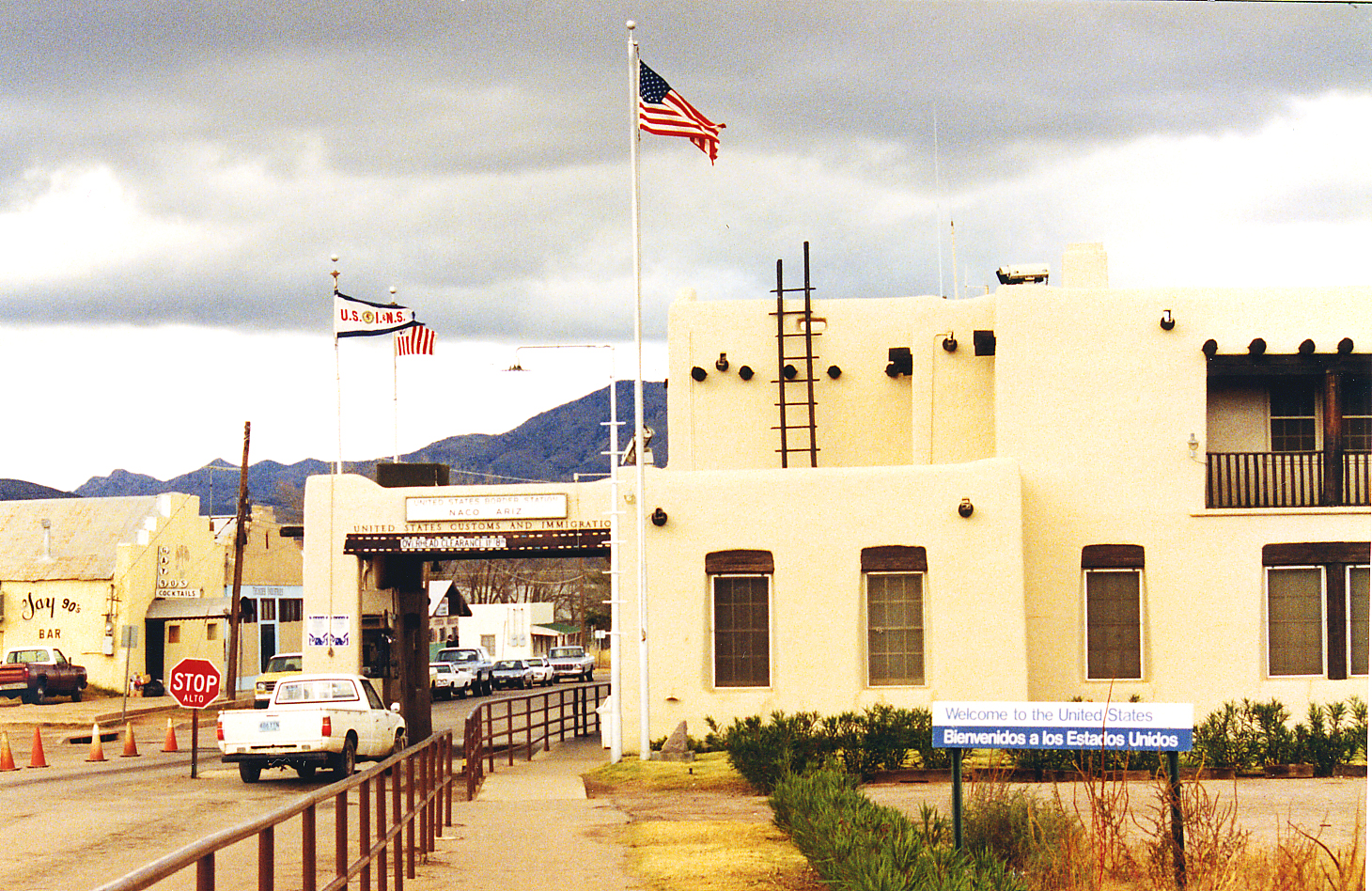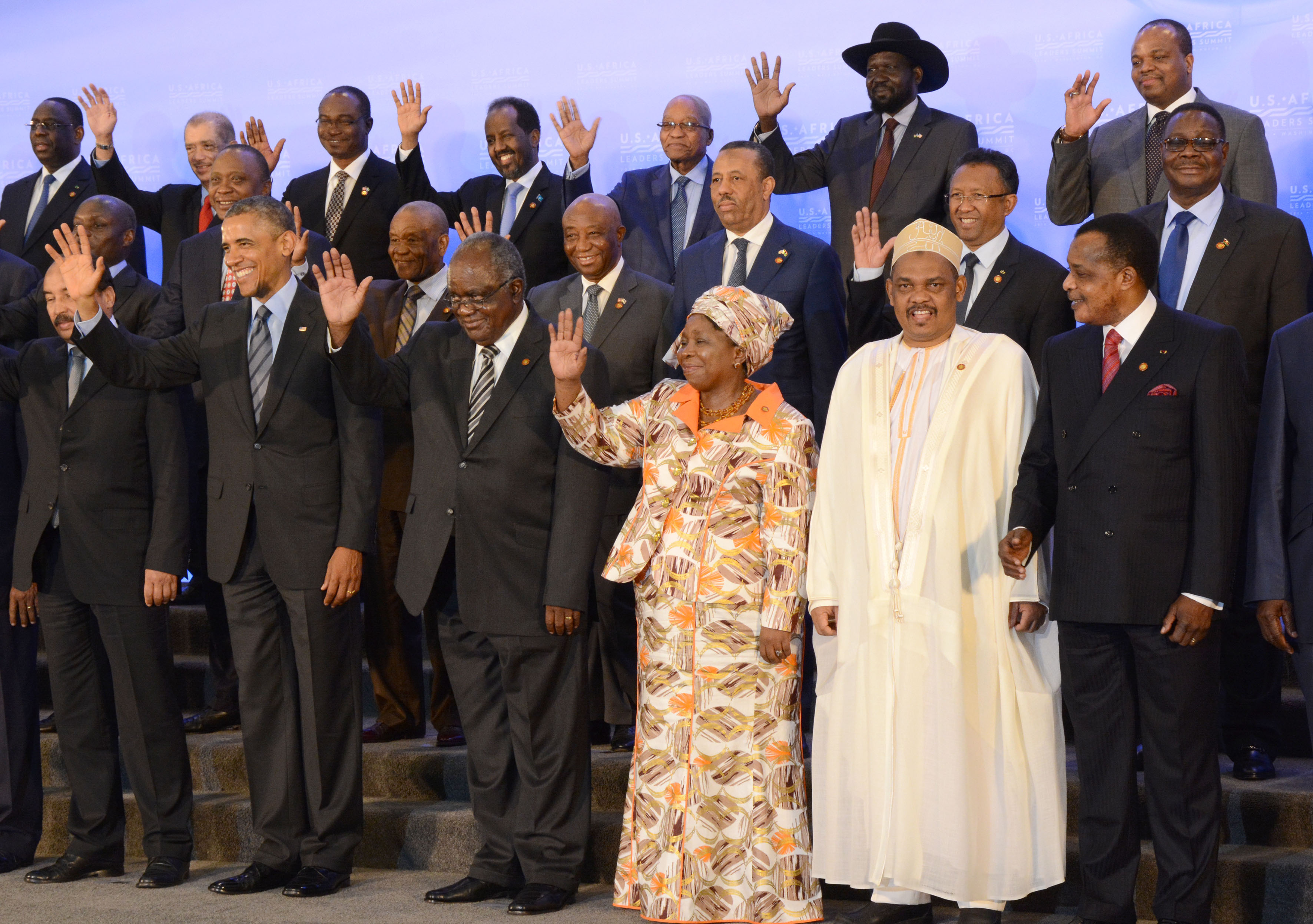The past few years have seen repeated attempts to conclude a variety of preferential trade agreements unique in scope and jurisdiction. The acronyms are numerous: in North America negotiations have continued for years with a free trade agreement with Asia, the Transatlantic Trade and Investment Partnership (TTIP); and one with Europe in the Trans-Pacific Partnership (TPP). Outside U.S jurisdiction, the Comprehensive Economic and Trade Agreement (CETA) between Canada and the European Union was passed last November, promoting free trade and the removal of tariffs between the two regions. The Eurasian Economic Union continued to expand by accepting Kyrgyzstan and Armenia in January, with ongoing negotiations to add Vietnam. Finally, negotiations for the Regional Comprehensive Economic Partnership (RCEP), which promotes free trade between ten countries in Southeast Asia and the Pacific, including China, India, Japan, and Australia, is on track to be finalized by the end of 2015.
The scope of these agreements are widely unprecedented. In the past, free trade was either bilateral, or through what was first the General Agreement on Trade and Tariffs (GATT) and now the World Trade Organization (WTO). For example, the ASEAN (Association of East Asian Nations) Free Trade Area is committed to the removal of tariffs and the free flow of goods and labour. The RCEP goes much further in economic integration, aspiring to reduce regulations on intellectual property rights, increased powers on judging dispute settlements, and increasing economic cooperation among all ten signatories. The CETA, TPP, and TTIP all contain an investor-state dispute settlement (ISDS) mechanism, which gives corporations an avenue to sue or challenge government regulations as being detrimental to their exports. Decried by civil society groups as giving too much power to corporations and away from government, they show how the new wave of preferential trade agreements seek to ensure easier avenues to liberalized trade.
The TPP and TTIP will differ from the WTO in many ways. WTO measures were designed to be applicable globally, and tended to run on agreement via consensus. In contrast, these new agreements are within smaller groups with focus on their commonalities. When the Doha round became paralyzed with debate between its members, the TTIP took priority in what U.S. Vice President Joe Biden called getting a deal done on “one tank of gas.” Angela Merkel said that the TTIP was “in the interest of the United States but also in the German interest,” which indicated that these trade talks are being used to reinforce the relationship between powers. The TPP offers the same desire to deepen alliances; U.S. Defence Secretary Ash Carter said the agreement would “underscore our lasting commitment to the Asia-Pacific” and was “as important to me as another aircraft carrier” in terms of America’s defence. Rather than business-as-usual trade politics, these new agreements are benchmarks to test alliances and strengthen trade.
These desires for a stronger agreement also bring higher risks. Although it is easier to find common ground among fewer parties, dissent comes with a higher cost. Canada’s participation with the TPP became at risk when it “declined to seriously engage” in discussions about dismantling the supply regime in the dairy and poultry industries. Negotiations further became vulnerable with the lack of “fast-track” Trade Promotion Authority for President Obama; without it Congress could dismantle parts of the final deal after it was signed. These problems are less a threat within the WTO, as the signing of the 1994 WTO Agreement meant Congress has to approve future amendments. And when discussions involve over 175 participants, the dissension of one country is a minor affair in a forum full of disagreements.
Because these agreements are more comprehensive, old debates of globalization frequent in the 1980s have re-entered political discussion: the debates surrounding the North American Free Trade Agreement have gone global. Economists and policy groups to this day debate NAFTA’s efficacy: it has possibly increased the cumulative gross domestic products of its member countries by trillions of dollars; but outsourcing, lower wages, and loss of regulatory power may have crippled government oversight and the nations’ middle classes.

The middle class is wary of the TPP’s effect on employment.
Countries have advocated for these preferential trade agreements because of their perceived economic gains. The London-based Centre for Economic Policy Research suggested the EU economy could benefit by €199 billion a year, while across the Pacific economists have stated figures of $119 billion in annual gains for Japan, with Vietnam’s economy expanding by at least fourteen percent.
Just as debate continues that NAFTA has an adverse effect on unemployment and the middle class, European groups are wary of side-effects from free trade. Groups such as the War on Want have proliferated, showing how the TTIP can dismantle Europe’s food safety laws and environmental regulations, calling it “an assault on European and US societies by transnational corporations.” Negotiations were set back over opposition in Germany of the investor-state dispute settlement mechanism, due to fears it will threaten democracy and voting rights in favour of transnational corporations. Across the Pacific, similar standards may hurt Thailand and Vietnam’s sovereignty, as the TPP can force privatization and affect their favourable labour laws.
The abundance of all these agreements being negotiated in tandem will have a strong ripple effect in international politics. It is too soon to say if this means an end to globalization and the start of regional blocs of trade; rather it may be a testing ground of new neoliberal trading regimes that can later be agreed upon and expanded globally within the WTO. Regardless, the installation of these PTAs are slowly but certainly being established, ringing in the next era of globalization, and whatever advantages and disadvantages they may bring.




